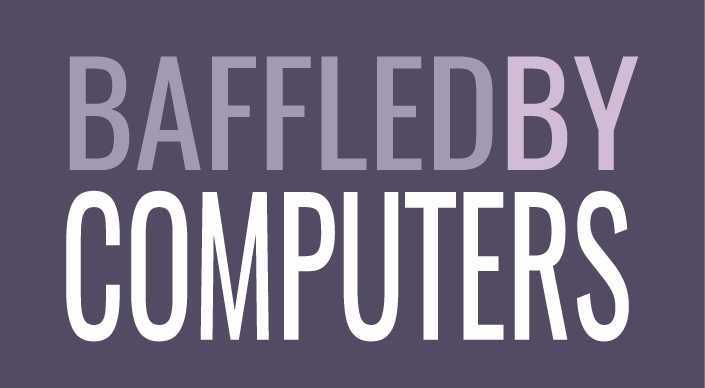Twitter has announced plans to label and remove messages that spread false information about how to vote, or that could intimidate or suppress voter turnout.
The rules will come into place on Thursday 17 September and come a few hours after another incident of US President Donald Trump falsely claiming, as he has done repeatedly, that the use of postal ballots would lead to electoral fraud.
Twitter said it will label or remove tweets that claim victory before the election results have been certified, and warned it would take similar action against messages that seek to “incite unlawful conduct to prevent a peaceful transfer of power or orderly succession”.
Both Facebook and Twitter have now announced plans to address what Mark Zuckerberg described as “an increased risk of social unrest across the country” in the days following the election.
Twitter said it will label or remove tweets that claim victory before the election results have been certified, and warned it would take similar action against messages that seek to “incite unlawful conduct to prevent a peaceful transfer of power or orderly succession”.
In July the president refused to state that he would accept the result of the election as he dismissed the validity of polls which showed him behind the Democratic candidate Joe Biden, prompting concerns he and his supporters would not comply with the results.
Twitter added, of particular importance during the 47 days until 3 November, it would focus on “disputed claims that could undermine faith in the electoral process”.
As an example the company cited “unverified information about election rigging, ballot tampering, vote tallying, or certification of election results” which would match the claims made by President Trump, although he is not mentioned in the announcement.
In addition the company said it would take action against “false or misleading information that causes confusion about the laws and regulations of a civic process, or officials and institutions executing those civic processes”.
Twitter has previously taken action against the president’s tweets for glorifying violence against protesters during the civil unrest following the police killing of George Floyd.
The company has also previously labelled messages by Mr Trump which claimed that postal ballots will be “substantially fraudulent”, despite numerous studies providing evidence to the contrary.
The president subsequently accused the company – and the entire social media industry – of censorship and anti-conservative bias, before signing an executive order aimed at curbing protections for the sites as publishers.
US Attorney General William Barr, who was appointed by President Trump, has supported the president’s claim that mail-in ballots could be vulnerable to tampering.
Despite these claims, Ellen Weintraub, the commissioner of the US Federal Election Commission, said there was “simply no basis for the conspiracy theory that voting by mail causes fraud”.
Nearly one in four voters mailed in their ballots in the 2016 election and an even higher proportion of postal ballots are expected this year because of the coronavirus pandemic.
Voting procedures are controlled by states independently of the federal government and most states are encouraging voters to use postal ballots to reduce gatherings at polling stations.
Studies, such as those by the Brennan Centre for Justice, have found that electoral fraud is exceedingly rare accounting for between 0.00004% and 0.00009% of the votes cast – equivalent to at most 225 votes in the context of the roughly 250 million which were cast in the 2016 election.

